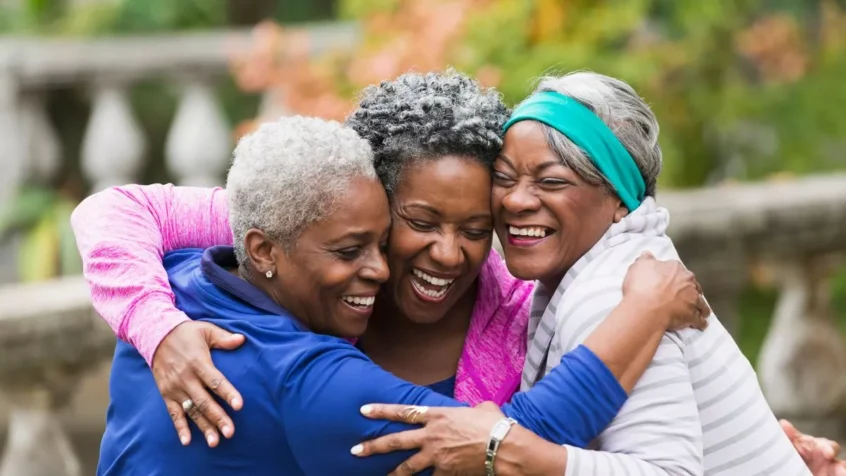Loneliness is so bad for us it should come with a government health warning, and it’s only recently we have come to understand just how important it is to our health and wellbeing.
Glasgow University researchers have painted quite a depressing picture. They suggest having infrequent social contacts with friends and family – combined with overall feelings of loneliness and isolation – may carry a higher risk of dying. I’m not surprised.
Humans have great yearnings to be with others – the closer the better, although all human contacts can be nourishing for us. Friendship affirms our place in the world, who we are, and knowing there’s someone we can turn to.
The study found having either low levels of social connections, such as not meeting up with family often, and often feeling lonely or not being able to confide in someone close, sees our chances of dying spike.
But lacking both types of social connection at the same time increases that risk even more. We know the risk of a premature death is linked to not having enough different types of social contact. This study found we need several forms of social connection to help us live longer, healthier lives.
The research, encompassing 458,146 people with an average age of 57, highlighted those who lived alone and whose lives also lack other forms of social connection, such as having infrequent contact with friends and family or not taking part in regular group activities, such as book clubs and singing groups.
These people may be at a particularly high risk of dying. Worryingly, the study suggests people living with extreme markers of social disconnection, such as those who live alone and also never see friends and family, could be strong enough to outweigh the benefits of having some social contacts, like taking part in regular group activities.
Dr Hamish Foster, clinical research fellow at the University of Glasgow’s School of Health and Wellbeing, says: “Our study looks at several dimensions of social connection and found that combining different dimensions could affect the risk of premature death more than previously realised.
“This means that, when tackling problems like loneliness and social isolation, we need to assess these different dimensions both separately and in combination if we are going to identify and support those who are most isolated in society.”
Especially at this time, families must rally round and make time for each other – and look out for those loved ones living alone.

